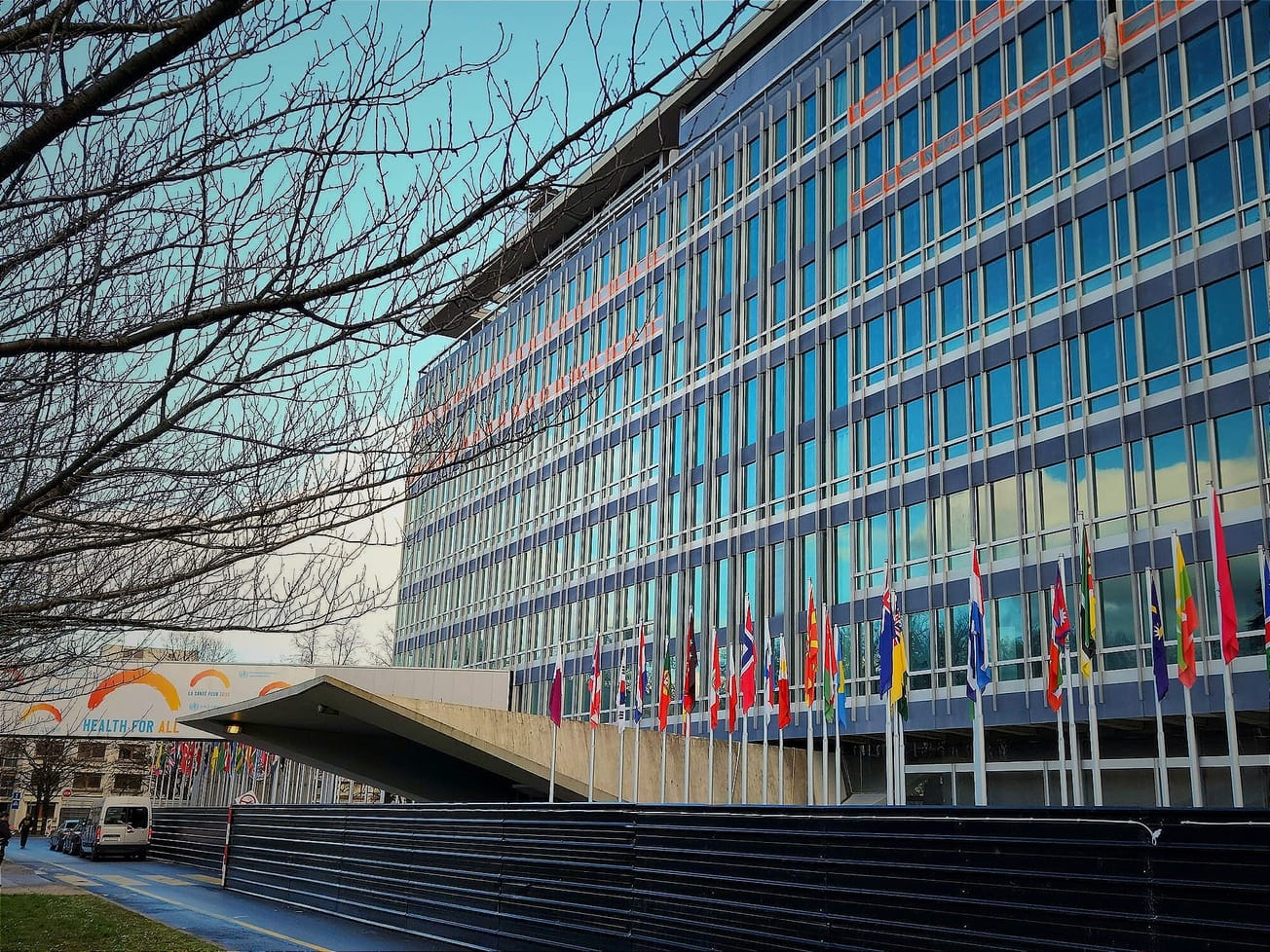European Union leaders on Tuesday wrapped up acrimonious negotiations at a four-day summit to send a €1.8 trillion seven-year budget plan to European Parliament that includes a €750 billion coronavirus recovery fund for countries hardest hit by the pandemic.
The 2021-2027 E.U. budget plan, equivalent to US$2.1 trillion, would provide €1.1 trillion for hundreds of E.U. programs. It also would offer a wide-ranging package of COVID-19 relief, called Next Generation E.U., borrowing up to €750 billion in the financial markets.
That would provide up to €390 billion in grants and €360 billion in loans, worth US$857 billion in all. The grants portion of the stimulus package would not have to be repaid.
Most of the debate centered on the main portion of the grants, about €312 billion, called the E.U. Recovery and Resilience Facility, that would be handed out from 2021 to 2023 but first requires recipient nations to prepare recovery plans.
It is based on a recovery package unveiled in May to help the E.U. navigate the pandemic, which has killed 135,000 of its citizens and caused the deepest recession in its 26-year history.
European Commission President Ursula von der Leyen of Germany said the late-night and all-nighter sessions produced a budget deal and recovery package that was crafted in record time.
"Exhausted though we all may be, we are also conscious that this is an historic moment in Europe," she told a press conference. "We find ourselves in one of the most serious of economic and public health crises. And yet, following tough negotiations, Europe has successfully responded in force to this unprecedented crisis."
But the E.U. leaders who agreed to the budget deal and borrowing package for the world’s biggest economy and trading partner had to adjust the original formula that called for a more generous €500 billion in grants and €250 billion in loans.
And they still have a stiff challenge ahead in trying to gain unanimous approval from all 27 of the E.U.'s member nations and the European Parliament. The parliamentary budget team announced that its consent "cannot be taken for granted" as it signaled its skepticism over the budget's funding levels for high-priority items such as health spending and climate.
"Parliament cannot accept the proposed record low ceilings as they mean renouncing to the E.U.’s long-term objectives and strategic autonomy, while citizens ask for more. More European solidarity, more European action in public health, in research and digitalization, youth, and in the historical fight against climate change," the team chaired by Belgium's Johan Van Overtveldt said in a statement. "The E.U. is now allowed to borrow funds but there is no certainty on how the debt will be repaid."
The European Commission, the E.U.’s executive branch, proposed leveraging its annual €148 billion budget to issue collective bonds among international capital markets, then using the proceeds for economic stimulus, according to a 54-page assessment of economic and investment needs forwarded by commission staff to the European Parliament and E.U. policymakers.
If parliament approves, the plan would mark the first time the E.U. is given power to raise and disperse money on its own, a significant step towards integration. Also included in the budget plan was €500 million, or $572 million, for green stimulus spending on low-carbon projects in sectors such as agriculture, electricity production and transportation. The E.U. set a target of earmarking 30% of the stimulus package for investments that fight climate change.
E.U. leaders, however, had to weaken funding conditions pegged to rule of law benchmarks to win over Hungary and Poland, and to no longer require that coal-dependent Poland become carbon neutral by 2050. Last December, the E.U.'s executive body launched ambitious plans for “the first climate-neutral continent by 2050,” a three-decade plan to sustainably overhaul Europe’s trade, industry and politics.
European Council President Charles Michel of Belgium, who leads efforts to define E.U.’s overall political direction and priorities, praised the deal despite some cuts to health and climate programs.
"We have demonstrated that the magic of the European project works because when we think that it is impossible, there is a spring in our step thanks to respect and cooperation," he said. "It’s the first time in European history that our budget will be linked to our climate objective, the first time that the respect of the rule of law is a decisive criteria for budget spending."
https://twitter.com/EU_Commission/status/1285516641309208577?s=20
Franco-German leadership
The E.U.'s two powerhouse nations managed to corral all the other 25 nations' leaders into agreeing not to veto the budget plan, all while attending a rancorous summit that for the first time in five months was held in person, using social distancing, elbow bumping and face masks to prevent spreading the virus.
But tempers flared and sometimes the masks came off. One tough negotiator, Dutch Prime Minister Mark Rutte, told reporters "we are not here because we are going to be visitors at each other’s birthday party later. We are here because we do business for our own country. We are all pros.”
France and Germany teamed up to push the budget plan through, which was exactly what von der Leyen, the commission president, was counting on when she unveiled the financial package months earlier.
"We have now laid the financial foundations for the E.U. for the next seven years and at the same time came up with a response to the biggest crisis in the history of the European Union with the recovery fund,” said German Chancellor Angela Merkel, who holds the E.U.'s six-month rotating presidency.
"It was not easy. That we needed so many days shows that we came at it from different directions," she said. "But what counts for me is that we all got together in the end, and that we are all now convinced that we can really make something out of what we decided."
French President Emmanuel Macron also said he was satisfied with the summit's outcome after long, difficult negotiations that pitted five relatively wealthy and self-described "frugal" nations — Austria, Denmark, Finland, the Netherlands and Sweden — against some of the poorer nations that have been hard-pressed to find the resources to deal with the pandemic-induced economic and health shocks.
The wealthier nations were concerned about how much money the E.U. might give to countries like Italy and Spain — the only ones in Europe among the 15 c0untries with the most COVID-19 infections worldwide — and the degree of oversight for how those countries decide to spend their E.U. aid. Italy, Spain and France also are among the top 10 countries that have suffered the most coronavirus deaths.
"Not only was this the longest summit in history, perhaps the longest," said Macron, "and what was an even more important success was that after several months during which we had not gathered in person, but especially and above everything else, it was a summit in which the conclusions were truly historic."








